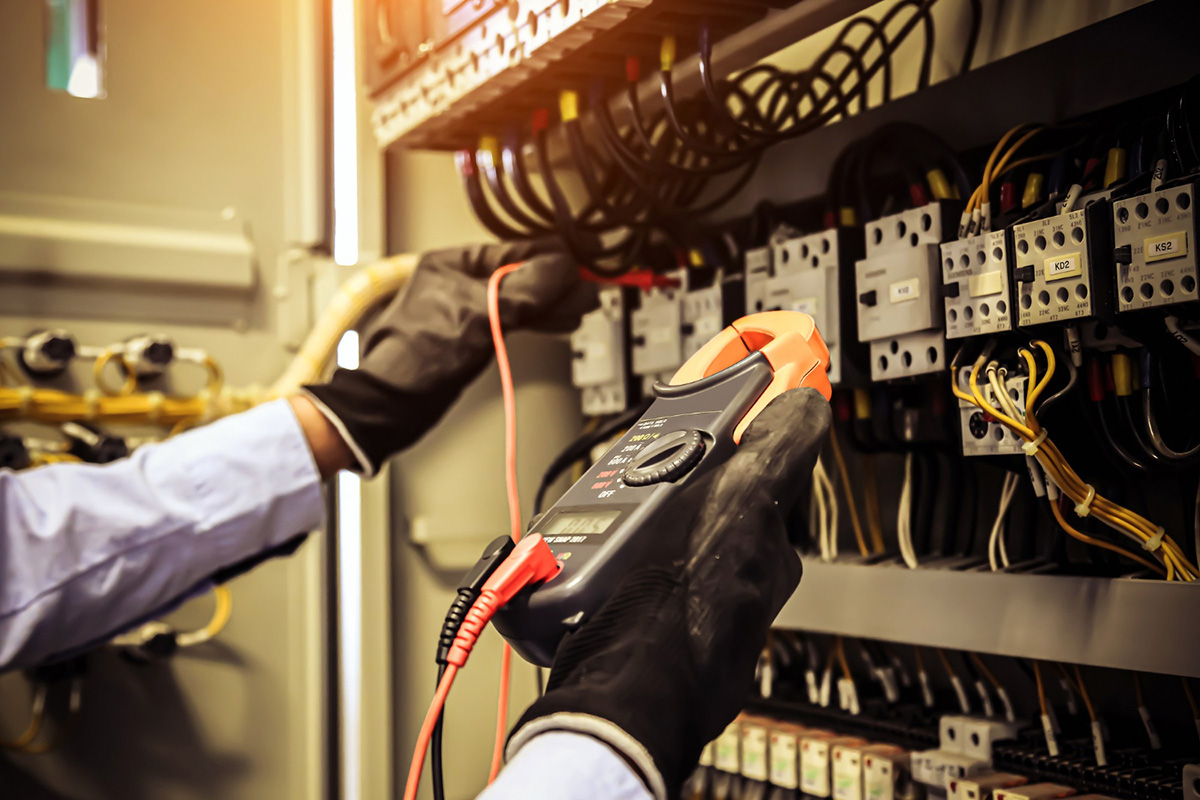Tips for Checking Grounding Systems for Proper Resistance

Proper grounding plays a critical role in maintaining the safety of your electrical system. Grounding ensures that excess electrical energy is dissipated safely into the earth, protecting your property and equipment from damage or malfunction. One of the most important aspects of grounding is ensuring that your system maintains the proper resistance levels. In this blog post, we'll explore some tips for checking your grounding systems for proper resistance.
Understand the Basics of Ground Resistance
Ground resistance is the measurement of the electrical resistance between an electrical system and the earth. In a properly functioning system, the ground resistance should always be below a certain threshold to prevent dangerous electrical currents from flowing through the system. The National Electrical Code (NEC) specifies that industrial and commercial systems should have a maximum earth ground resistance of 25 ohms. Residential systems should have a maximum of 5 ohms of resistance. Understanding these rules is the first step in checking your grounding system.
Use the Right Tools
To check ground resistance in your electrical system, you will need a ground resistance tester. These devices can be purchased or rented from most electrical supply companies. They work by injecting a known current into the ground and measuring the resulting voltage. From this reading, the device can accurately determine the resistance level of the ground.
Perform Regular Maintenance
Regularly scheduled maintenance checks on your electrical systems are critical for ensuring your grounding systems are functioning as they should be. Inspect your grounding system and your electrical components routinely to check for signs of damage, corrosion, or wear-and-tear. Loose connections or broken wires can cause a spike in ground resistance, making it essential to inspect and maintain all grounding connections.
Test Your Grounding System
The most obvious way to check your grounding system is by performing a resistance test. To do this, first, disconnect any electrical loads connected to the grounding system. Turn off and disconnect power from the main electrical switch. Connect a ground resistance tester to the grounding conductor and the auxiliary ground rod. If the system's resistance is within the recommended limits, then the test has passed. If you discover that your grounding system's resistance is too high, you'll need to consult a professional electrician to assess the problem and make any necessary repairs.
Seek Help When Needed
Performing maintenance, inspection, and testing of your grounding systems is a job that should be taken seriously. While do-it-yourselfers may have some knowledge of electrical systems, there's too much at risk when it comes to your home's electrical systems. Always seek the help of an experienced and certified electrician for a proper and safe job.
Conclusion:
So there you have it, our tips on checking grounding systems for proper resistance. By understanding the importance of grounding and the tools and methods to test for resistance levels, you can maintain a safe electrical system in your home or office. Remember to always seek the help of a professional electrician for anything related to your electrical systems. If you're looking for electrical services in Apopka, FL, look no further than Spectrum Electric Inc. Our team of professionals can handle all your electrical system needs to ensure your systems operate safely and efficiently.
